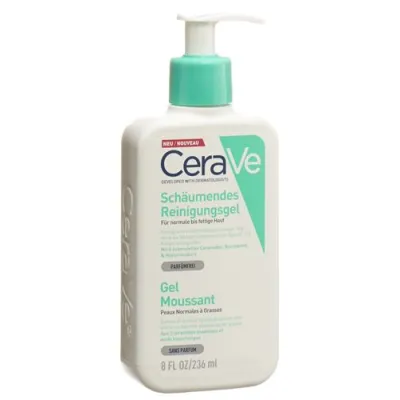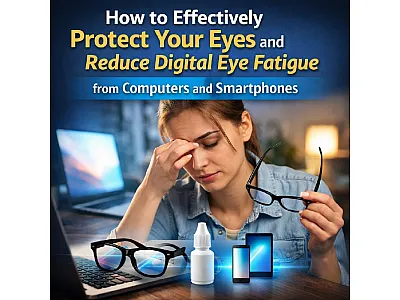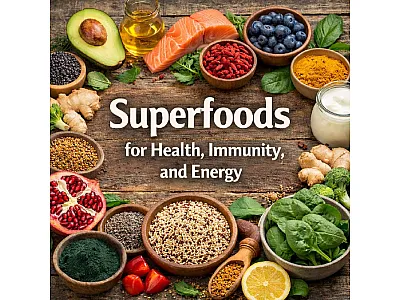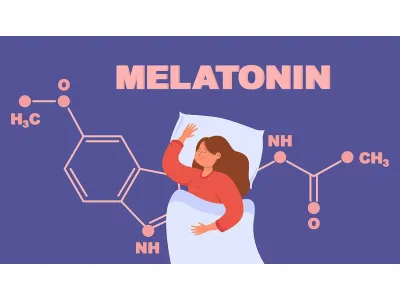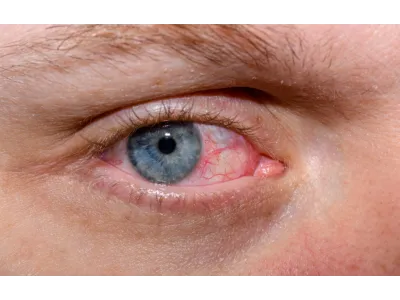Natural Skincare Solutions for Acne-Prone Skin
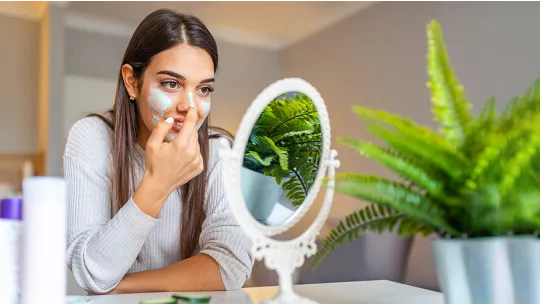
Acne is a skin disease that does not depend on age and affects not only teenagers who are undergoing hormonal changes, but also adults due to stress, hormonal imbalance and genetic predisposition. Characterized by the appearance of pimples, blackheads and cysts, acne leads to physical discomfort and emotional stress, and affects a person's self-esteem and quality of life. Conventional acne Cares include harsh chemicals and medications that have unwanted side effects, so there is a growing interest in natural skin care products.
What Is Acne?
Acne is a common skin condition characterized by the appearance of various types of blemishes on the skin, including pimples, blackheads, whiteheads, and cysts. It primarily affects areas of the skin with a large number of sebaceous glands, such as the face, back and chest. The disease is caused by excessive production of oil (sebum), dead skin cells and the accumulation of bacteria in the pores of the skin, which leads to inflammation and acne formation.
Types of acne
- Blackheads (open comedones): look like small dark spots on the surface of the skin. Blackheads form when pores become clogged with sebum and dead skin cells but remain open, causing the internal material to oxidize and darken.
- Whiteheads (closed comedones): Like blackheads, whiteheads are caused by clogged pores, but they are closed, trapping sebum and skin cells beneath the surface of the skin, appearing as small white bumps.
- Pimples (papules and pustules): inflamed red bumps that may be tender to the touch. Papules occur when the walls surrounding the pores break down due to severe inflammation, and pustules are pus-filled papules.
- Cysts and Nodules: Severe types of acne where the contamination penetrates deeper into the skin, forming large, painful and additional permanent lesions. Cysts are filled with pus, while nodules are hard and painful bumps under the surface of the skin.
Acne develops when skin pores become clogged with sebum, unwanted skin cells and microorganisms. Several factors contribute to this method:
- Hormonal changes: Hormonal fluctuations, especially during puberty, pregnancy and the menstrual cycle, increase sebum production and lead to acne breakouts.
- Diet: Dairy and high-glycemic foods trigger acne in some people, although the relationship between diet and acne is still being studied.
- Stress: Stress makes acne worse by increasing the production of hormones that stimulate the sebaceous glands.
- Bacteria: The presence of certain types of bacteria on the skin contributes to the development and severity of acne.
- Certain medications: Some medications, including corticosteroids, testosterone, and lithium, cause acne as a side effect.
The Importance of Gentle Cleansing
Daily care for acne-prone skin requires a thorough and gentle approach to keep you from breakouts and speed up recovery. An important step is cleansing, which removes excess oil, sweat, dust and dead skin cells without stripping the skin of its natural oils.
Harsh cleansers are more damaging than regular cleansers, stripping the skin of its natural barrier and leading to increased oil production and inflammation. Gentle cleansing maintains the integrity of the skin and ensures that it remains hydrated and significantly less prone to breakouts. Pay attention to natural skincare for sensitive skin that does not contain alcohol, fragrances and aggressive elements. For example, CeraVe Foaming Cleansing is a foaming cleansing gel with ceramides that properly cleanses and removes excess sebum without affecting the skin's protective barrier. Suitable for normal and oily skin for daily face and body cleansing.
Cerave foaming cleansing gel dispenser 236 ml
The CeraVe Foaming Cleansing Gel with Ceramides cleans and removes excess sebum without attacking the skin's protective barrier. It is suitable for normal to oily skin for daily cleansing of face and body. Cleansing GelFor face and body Cleanses and removes excess sebumFor normal to oily skinSoap-freeWithout perfume, without paraben Application Lather Cerave Foaming Cleansing Gel in your hand with a little water and gently massage onto the skin. Rinse off carefully. Ingredients Aqua/Water, Glycerin, Peg-200 Hydrogenated Glyceryl Palmate, Coco-Betaine, Disodium Cocoyl Glutamate, Peg-120 Methyl Glucose Dioleate, Polysorbate 20, Peg-7 Glyceryl Cocoate, Peg-150 Pentaerythrityl Tetrastearate, Ppg-5-Ceteth-20, Peg-6 Caprylic/Capric Glycerides, Squalane, Ceramide Np, Ceramide Ap, Ceramide Eop, Carbomer, Triethyl Citrate, Sodium Chloride, Sodium Hydroxide, Sodium Cocoyl Glutamate, Sodium Lauroyl Lactylate, Sodium Hyaluronate, Cholesterol, Citric Acid, Capryloyl Glycine, Hydroxyacetophenone, Caprylyl Glycol, Caprylic/Capric Triglyceride, Trisodium Ethylenediamine Disuccinate, Phytosphingosine, Xanthan Gum, Benzoic Acid...
29.52 USD
Choosing the right detergent
When choosing a cleanser for acne-prone skin, avoid products with alcohol and fragrances that can irritate sensitive skin. Here are a few types of cleansers that are suitable for acne-prone skin:
- Salicylic Acid: A beta hydroxy acid (BHA), deeply cleanses pores and has Care effects. Effective in the Care of existing acne and prevents the appearance of new acne. Take a look at ZENIAC Acne, a mild and powerful pore and skin cleansing soap. The product is designed to relieve skin problems, remove excess oil and dirt, and unclog pores to prevent breakouts. The gel contains salicylic acid, which regulates sebum production, and glycolic acid gently exfoliates the skin and removes dead cells. The gel is enriched with zinc PCA and tea tree oil, which prevent infections and fight microorganisms.
- Natural cleansers: Tea tree oil, green tea and aloe vera have natural antibacterial and soothing properties. They are effective in cleansers to reduce inflammation and treat acne.
Moisturizing Problem Skin
Moisturizing supports the health and elasticity of all skin types, including acne-prone skin. Also, it seems counterintuitive to moisturize skin that has an oily type or breakouts, but hydration is very important for healthy skin. When the skin is dehydrated, it provokes an increase in oil production, as the skin tries to compensate for the lack of moisture. Extra oil clogs pores and leads to more breakouts. Use the right moisturizer to maintain skin balance, reduce the likelihood of excessive oil production and subsequent breakouts.
Check out Exfoliac Global 6, which is designed for those struggling with acne and oily skin. Contains a combination of powerful active ingredients that reduce sebum production, remove impurities and unclog pores. The cream is enriched with glycolic acid and salicylic acid, which exfoliate the skin, unclog pores and remove dead skin cells, as well as balance sebum production within the skin. The product is non-comedogenic, which means it does not clog pores, and is suitable for all acne-prone skin types.
Let's not forget that men are also prone to acne, and therefore it is necessary to choose organic skin care for men to moisturize the skin. Pay attention to the Weleda men's cream, which is quickly absorbed, gives the skin elasticity, and makes it elastic. Its composition includes jojoba, sesame, witch hazel, althea Care, yellow wax, carnauba wax, carrageenan (E407), linalool, geraniol, citral, farnesol, so the cream is an excellent vegan skincare for sensitive skin.
Acne-prone skin is regularly exposed to Cares that cause dryness or inflammation, and maintaining proper moisture levels helps speed up the recovery of existing acne lesions and reduce the appearance of acne scars. Well-moisturized skin regenerates more successfully and faster than dry, irritated skin.
Also, properly moisturized skin has a plumper and smoother appearance, which helps minimize the appearance of pores and acne scars. Moisturizing products that are non-comedogenic (meaning they don't clog pores) provide the hydration you need without contributing to breakouts.
Disclaimer: The information on natural acne prone skin care is for general information only. The effectiveness of problem skin care products can vary greatly from person to person. It is important to consult a dermatologist before starting a new skin care regimen.
R. Käser

